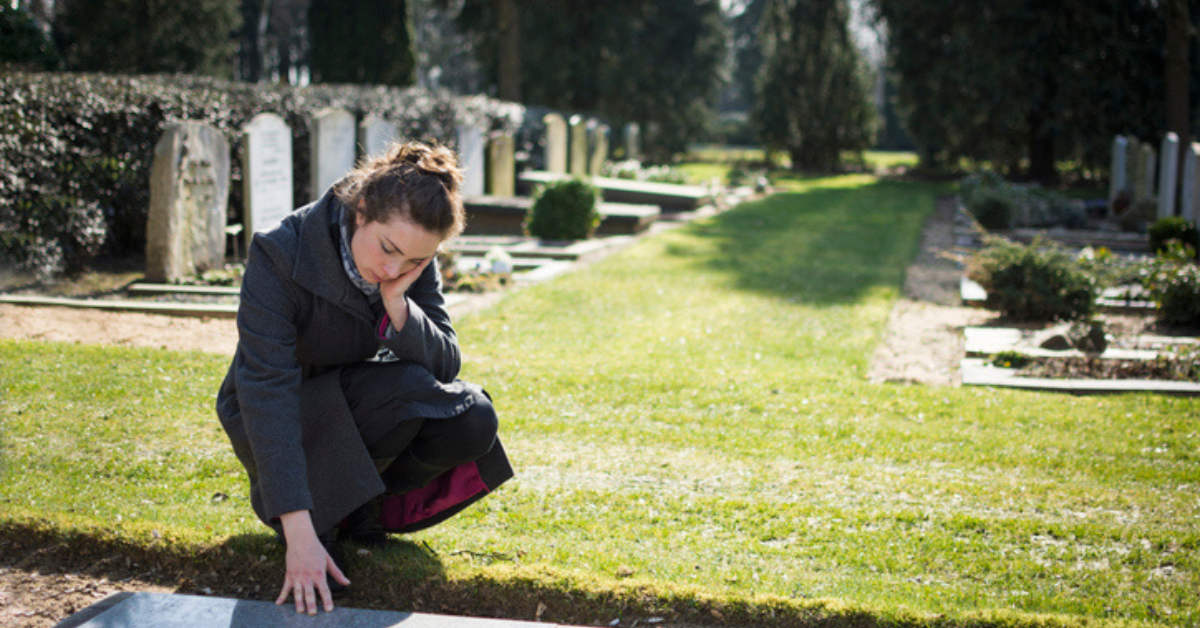
Tips for Coping With the Death of a Spouse

*Collaborative Post
No one is ever really prepared for the death of a spouse. It comes as a shock and leaves us feeling numb and lost. Grieving is a process that takes time, and there is no right or wrong way to do it. However, there are some things that can help make the journey a little bit easier. Here are eight practical tips for coping with the loss of a spouse.
If you are supporting someone through grief, educating yourself about the stages and expectations can help you to provide support. And if you are going through the grieving process, knowing what to expect can help you to feel more in control. Read on to learn more about coping with the death of a spouse.
1. Acknowledge your grief
The first step to dealing with your grief is to acknowledge it. It’s normal to feel a range of emotions after the death of a spouse, including sadness, anger, confusion, and disbelief. It’s important to let yourself feel these emotions instead of bottling them up. Ignoring the feelings won’t make them go away; they need to be confronted head-on if you are ever going to process your grief. See helpguide.
2. Give yourself time
Grieving is a process that takes time. There is no set timeline for grief, and it’s different for everyone. Don’t try to rush your grieving or force yourself to move on before you’re ready. It’s important to give yourself the time and space you need to process what has happened. Losing your spouse will turn your life upside down, and you need time to adjust to all of these changes.
3. Lean on your support system
It’s important to lean on your friends and family during this difficult time. Let them know what you need from them, whether it’s a shoulder to cry on or someone to help with practical tasks. Don’t be afraid to ask for help when you need it. It’s also a good idea to join a support group for widows or widowers. Being around others who are going through the same thing can be very helpful.
4. Take care of yourself
Grief can take a toll on your body and mind, so it’s important to take care of yourself. Make sure you get outside every day and try to stay active. If you are struggling to maintain a healthy diet, ask if someone can help you by preparing healthy food you can freeze in individual portions. Cooking for one after the death of a spouse can be very upsetting, so having pre-portioned meals ready to pop in the microwave might help. It’s also important to get enough sleep and to allow yourself to rest when you need it.
5. Talk about your spouse
It can be helpful to talk about your spouse, even if it makes you feel sad. Sharing stories and memories with friends and family can help you to keep their memory alive. If you find it too difficult, these quotes from Ashes With Art might help you to articulate your feelings better. Writing about your spouse in a journal can also be therapeutic.
6. Don’t make any big decisions
The death of a spouse is a huge life change, and it’s important to give yourself time to adjust before making any major decisions. If possible, try to wait at least six months before making any big changes, such as selling your home, quitting your job or moving. Even decisions like getting a pet should be delayed until you are able to think with a clear mind again.
7. Find a new hobby or activity
After the death of a spouse, you might find yourself with a lot more free time on your hands. This can be both good and bad. On the one hand, it can give you some much-needed time to focus on yourself. On the other hand, it can leave you feeling bored and with plenty of time to focus on your grief. Taking up a new hobby or activity can help to fill some of this time and might even take your mind off your grief for a while.
8. Seek professional help if you need it
If your grief is proving to be too much to handle on your own, don’t hesitate to seek professional help. A therapist can provide you with support and guidance as you navigate this next stage in your life. They can also give you practical support to help you cope with your loss. And if things are getting too much for you to handle, they can point you in the direction of specialised support. HealthWatch is a good place to start.
9. Remember, you are not alone
It’s important to remember that you are not alone in your grief. Many people have experienced the death of a spouse and gone on to live happy and fulfilling lives. Take comfort in knowing that you will be able to do the same.
*This is a collaborative post. For further information please refer to my disclosure page.
If you enjoyed this post you can follow more of our life, opinions and antics over on Facebook, Twitter, YouTube and Instagram. Plus feel free to come and join in with my parenting group ‘From One Parent to Another’ on Facebook.
If you’d like to contact me you can either leave me a comment or drop me a line via my contact me page.
For other topics similar to this one check out these suggestions below…




